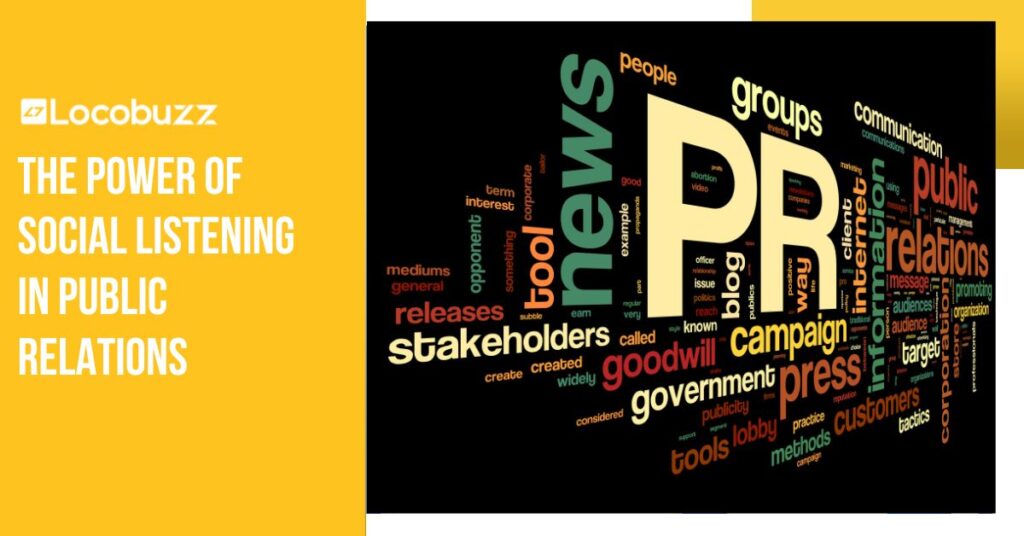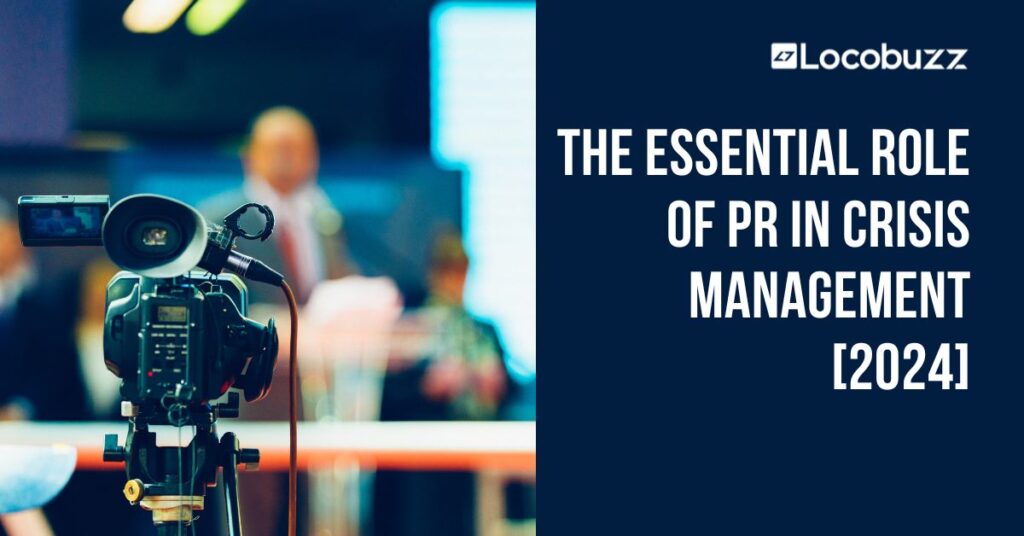The Role of AI in Enhancing Brand Engagement Online
Today, AI is revolutionizing every industry. And, as a marketer, what really matters is understanding the direct impact that AI has on customer engagement, loyalty, and conversions. Let’s break this down. Your customers don’t keep track of how many posts your brand publishes. But, they do remember posts that felt personal, the instant responses that solved their problems, and the offer that landed exactly when they needed it. The engagement you create with your audience matters the most. So, are you a brand that customers remember? Or are you still trying to find your brand voice? If you are the latter, then you are not using AI to its full potential. AI in brand engagement ensures that you are right where your customers need you. It takes every customer touchpoint, whether it’s social media, email, chat, or advertisements, and turns it into a chance to build positive brand engagement. If your current engagement strategy is not able to help you reach your customers at the right time and place, AI is what you need to close this gap and win over customer conversations. TL;DR AI closes the engagement gap by making brand interactions instant, personal, and consistent. It eliminates slow responses, generic messaging, and fragmented conversations across channels, helping brands build trust, retention, and recall. AI-driven engagement delivers measurable business impact. Real-time responsiveness boosts loyalty, personalization at scale increases engagement and conversions, consistent omnichannel experiences strengthen brand equity, and predictive engagement improves sales ROI. Locobuzz showcases how AI transforms engagement in practice. With emotion and intent detection, real-time alerts, AI-assisted responses, and agent guidance, it helps brands turn everyday conversations into meaningful, high-impact customer relationships. The Engagement Gap that AI Solves Slow responses, generic replies, and inconsistent engagement cost a brand more than they realize. AI helps brands in eliminating this gap by making engagement faster and smarter. How AI-powered brand engagement creates lasting value: 1. Instant Responsiveness – Higher customer trust and retention AI in brand engagement ensures that every query, mention, or complaint, is addressed in real-time, building trust and reducing churn. Brands using AI in customer service see an average of 8x returns. A digital customer experience management platform can help brands achieve this level of ROI. 2.Personalization at scale – Increased engagement and conversions AI has the ability to create tailored recommendations and responses across channels, turning buyers into repeat customers. Brands using AI-powered personalization state that there is 2x increase in customer engagement and 1.7x higher conversions. An AI-powered social listening tool can help brands achieve personalization at scale. 3. Consistent experiences – Better brand equity Whether it’s social media, email, or news portals, AI makes sure that your brand voice is consistent across every channel. An AI-powered omni-channel customer engagement platform can help your brand deliver consistent experiences and build brand equity. Proactive engagement – Improved sales ROI and revenue growth By predicting customer needs before they are expressed, AI opens opportunities for upselling and cross-selling. Brands that invest deeply in AI across marketing and sales see 10-20% higher ROI. Social media listening tools can monitor conversations, and AI-powered social listening can help brands predict customer needs and achieve growth. The Role of AI in Enhancing Brand Engagement Online Customers want a brand that understands them, acts in real-time, and delivers conversations that feel human even at scale. That’s exactly where AI is transforming engagement. Deeper understanding of customer signals Artificial intelligence for social media is extraordinary. It analyzes and understands customer conversations, uncovering sentiments, intent, and context. With AI, brands are able to react with precision and insights, turning conversations into a chance to strengthen loyalty. Empowering teams to engage smarter AI doesn’t replace human agents, it empowers them. It automates repetitive responses and brings out insights that matter, so teams can focus on high-value conversations. The best part? It helps agents achieve high-quality CSAT scores and improve significantly. Consistent & personalized conversations at scale AI ensures that the right tone, message, and personalization are applied, every single time, whether it’s a tweet, a review, or support ticket. It drafts responses that are brand aligned, using your brand tone, knowledge base and customer history. Continuous learning from engagements With every conversation, AI grows smarter and sharper. It identifies what resonates with the audience the most and feeds those insights to different teams. This helps in making future interactions more insight-driven and successful. If brands want to boost brand engagement online, one of the best things they could do is use artificial intelligence for social media management, brand monitoring, and social listening. There are several social media listening tools that comprise all these features together in one single platform. Among several social media listening tools, Locobuzz, a digital customer experience management platform, is helping brands boost their online engagement. Its intuitive & next-gen AI features include – ContextualPulse decodes customer emotions, intent, urgency, and loyalty in real time – capturing nuances like sarcasm, praise, frustration, or disappointment with precision. SignalSense ensures you never miss what matters by tracking the most relevant conversations and triggering instant alerts, so your team not only knows what’s happening but also understands why it’s happening. ResponseGenie that acts as an AI co-pilot, drafting brand-aligned responses based on knowledge base and customer history. AgentIQ that guides replies with real-time CSAT and quality scores. Together, these AI capabilities of the platform empower brands to truly transform every customer interaction into meaningful engagement. Why AI Matters in Brand Engagement Customers today want brands to interact with them. And, artificial intelligence for social media management is making that expectation a reality by helping companies listen deeper, respond faster, and engage smarter. That’s why AI for social media management plays a significant role in brand engagement. AI is no longer just optimizing engagement online, it is transforming customer experiences completely. What used to feel like scattered and generic interactions has now turned into real-time personalized conversations at scale. Today, brands that are embracing AI aren’t just improving engagement, but also creating unbreakable trust,
The Role of AI in Enhancing Brand Engagement Online Read More »
 Skip to content
Skip to content




















































































































































































![Top 51 Free Content Writing Tools That You Need To Know [2024]](https://locobuzz.com/wp-content/uploads/img-Top-51-Free-Content-Writing-Tools-That-You-Need-To-Know-2024-1024x536.jpg)

































































